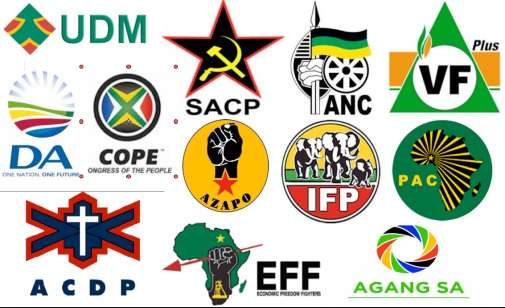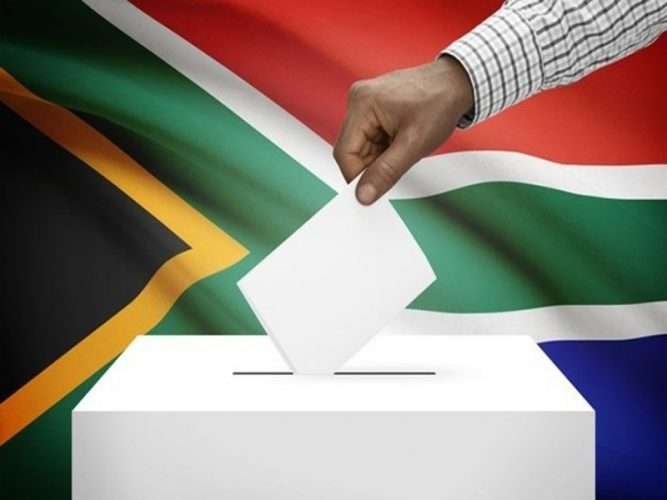Eligible South African voters are set to head to the polls to elect local representatives on Monday, 1st November 2021.
Early on, the November elections was originally proposed by the Independent Electoral Commission (IEC) to be held next year owing to fears that the novel coronavirus would disrupt organizing a free and fair elections.
However, the South African constitutional court in September this year, rejected the bid from the Electoral Commission, and ordered for the municipal government elections to be conducted this year.
According to Glen Mashinini, Chairperson of South Africa’s Independent Electoral Commission (IEC), “the ballot will go ahead as per the court judgement notwithstanding the challenges we face in delivering this election”.
The rather short-lived eight (8) weeks period of campaign has rendered the political parties vulnerable, as they struggle in their quest to convince electorates to rally behind them with full support, as they head towards the Monday election polls.
Election campaign promises
As the elections is less than a week away, South African voters across the country have been drenched with various political promises, ranging from preventing Covid-19 vaccine mandates, bringing a stop to Xenophobia among other promises.
Ebrahim Fakir, a political analyst at the Auwal Socio-economic Research Institute (ASRI), disclosed that “fake messaging and half-truths is starting to take hold in some corners of the campaign”.
“Where incorrect information is being used to whip up emotion and get people to vote based on fears involving national issues that can’t be changed in a local election.”
Ebrahim Fakir
Surprisingly, reports have it that, there are some occurrences of unusual moves, as some major political parties have employed religion as part of their campaign strategy.
On his part, Professor Farid Esack, Religious Studies Expert at the University of Johannesburg, speaking to the media stated that “the South African community is actually a deeply religious one. However, we have not seen this religiosity or religious conservatism actually translating in party politicking that we are beginning to see now”.
As it stands, reports states that, economic issues such as employment, housing among other, remains a major concern to South Africans.
Touching on the provision of basic services, Sanisha Packirisamy, an Economist at Momentum Investment, stated that “it is critical to economic growth to have basic services provided by local government, but many communities have moved on”.
“Where possible, people take themselves off the grid and stop relying on services. Communities and businesses do the job because municipalities have failed.”
Sanisha Packirisamy

Going into the Monday polls
The African National Congress (ANC) is reported to be going through turbulent times since the end of the apartheid, as the country heads to the polls.
The ANC has emerged victorious at the end of every general election since the end of the white minority rule in 1994.
However, the ANC’s governance over South Africa has been faced with counts of corruption scandals, of which the party has pledge to initiate prudent measures to reform itself.
His Excellency Matamela Cyril Ramaphosa, South African President, and the Leader of the ANC, speaking to the party’s candidates said, “we know that some of our councillors have grown distant. Others appear arrogant and unconcerned about the challenges our people face. This comes to an end at this election”.
In the meantime, other political parties that will be represented at the polls include: the Economic Freedom Fighters, Inkatha Freedom Party, the Freedom Front Plus, African Christian Democratic Party among others, with the John Steenhuisen’s led Democratic Alliance (DA) as the leading opposition party, reports disclosed.
READ ALSO: Government Set to Develop Automobile Industry Development Centre – Trade Ministry



















